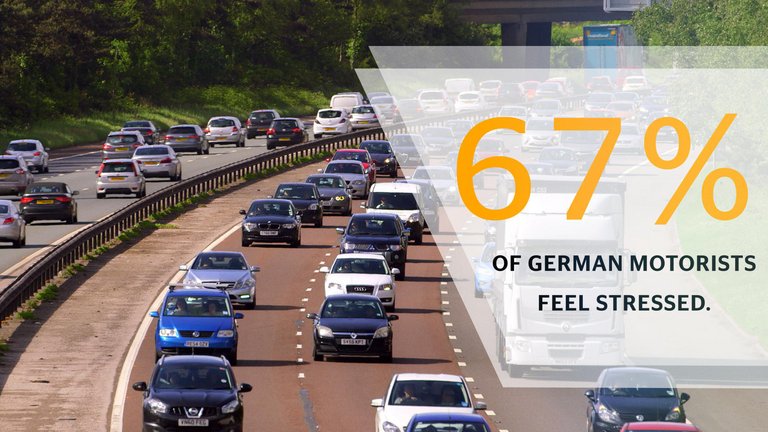Lots of Stress and Not Much Fun – Japanese Motorists View Driving with Objective Detachment
- Only a minority consider themselves good or very good drivers
- Member of the Continental Executive Board Helmut Matschi: “Connected driving equals relaxed driving”
If one were to succinctly sum up the emotions of drivers in Japan, it would be that they are stressed out by traffic jams and don’t particularly enjoy driving. According to the Continental Mobility Study 2018, two-thirds of motorists find congested roads and traffic jams stressful. Less than half of respondents still enjoy driving and only a quarter consider their own driving skills to be good or very good.
When it comes to stress at the wheel, there has even been a sharp increase from 50 to 64 percent in Japan within five years. By contrast, the Chinese are much more relaxed, with the proportion of motorists complaining about traffic jams remaining unchanged at 40 percent. In the U.S.A., roughly half of drivers find traffic jams stressful, a slightly higher level than five years ago (49 percent), while in Germany the figure is still two-thirds of respondents. It is striking that: in all four countries, the stress factor among passengers is almost as high as it is among the drivers themselves – even higher in China, where the figure for passengers is 47 percent compared with 40 percent for drivers.
“Intelligent mobility solutions and automated driving functions are an effective means of reducing the stress factor. Thanks to total connectivity, drivers are more relaxed, which ultimately puts the fun back into driving. The driver retains control over whether to drive themselves or be driven,” said Helmut Matschi, the member of the Continental Executive Board responsible for the Interior division.
Significantly less fun for passengers
While more and more Japanese motorists feel stressed out at the wheel, they also increasingly no longer enjoy driving: With 43 percent stating that they enjoy driving, this represents a fall of 14 percentage points compared with five years ago. By contrast, roughly two thirds (62 percent) of respondents in the U.S.A. still enjoy driving regardless of the stress factors, and the level in Germany is similar at 64 percent. Meanwhile, motorists in China are increasingly discovering the pleasure of driving: 69 percent now state that they enjoy driving, compared with 48 percent five years ago. It is also clear that traveling by car leaves most passengers cold, too: In Japan, only 9 percent of passengers enjoy traveling by car; in Germany, the figure stands at 43 percent. In the U.S.A. and China, around one in three passengers state that they enjoy traveling by car.
When it comes to rating their own ability at the wheel, drivers in the U.S.A. are in a class of their own: 83 percent of American drivers consider themselves good or very good drivers. In China, this figure is 69 percent and in Germany 66 percent. The Japanese are the exception at 25 percent. The statements have hardly changed at all over the past five years, although back then many more Japanese respondents – around 50 percent – considered themselves “very good drivers.”
Only in China does a majority expect more widespread city center driving bans
Despite increasing congestion in major cities worldwide, only in China do a majority of respondents (55 percent) expect driving bans in city centers. The figure stands at 40 percent in Germany, 20 percent in the U.S.A. and just 9 percent in Japan.
For the 2018 Continental Mobility Study, the technology company commissioned infas, the market and social research institute, to conduct a representative survey of drivers in Germany, the U.S.A., Japan and China. Experts from the world of science and research as well as from the automotive industry were also interviewed. This makes the study one of the most comprehensive of its kind worldwide on the acceptance of advanced driver assistance systems and automated driving.
Please click here for more information about the 2018 Mobility Study.




